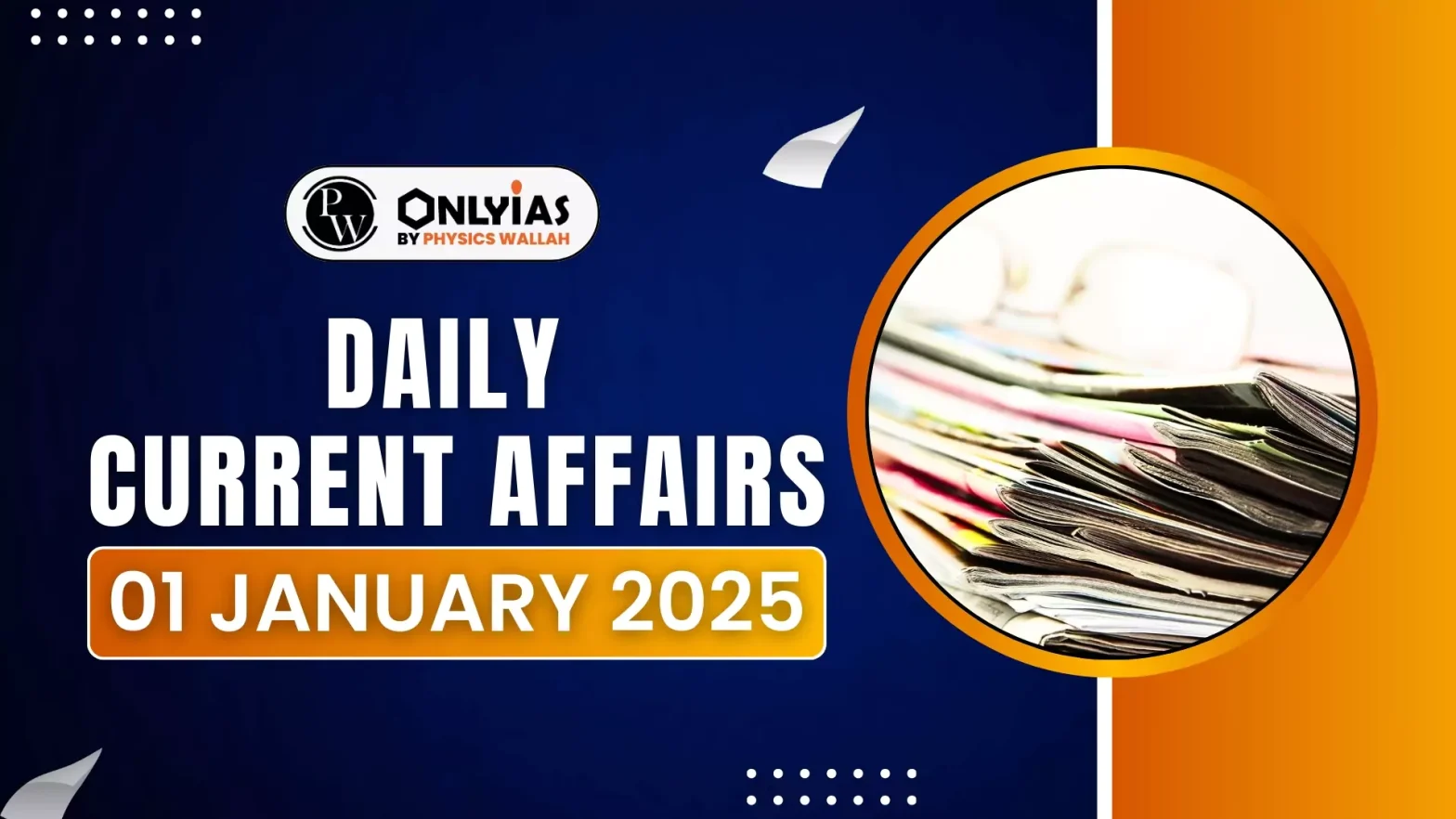Judiciary being an integral part of the functioning of any country cannot be immune from Dissent, both amongst themselves and on societal level.
About Dissent
- Dissent is strong disagreement or dissatisfaction with a decision or opinion, especially one that is supported by most people or by people in authority.
- Constitutional Status for Dissent: The Right to Dissent is indirectly acknowledged as a Fundamental Right in India through interpretation of Article 19 of the Indian Constitution. The combination of these three specific rights enables Indians to express their contrasting views
- Article 19 clause (a):It grants all the citizens the right to freedom of speech and expression.
- Article 19 clause (b): It provides them with the right to assemble peaceably and without any arms.
- Article 19 clause ©: It ensures citizens the freedom to form unions or associations.
- Dissent and Democracy: It is the bedrock upon which vibrant democracies are built. In societies that value freedom, the right to question, challenge, and even criticize is not merely tolerated but celebrated as an essential component of civic life.
- Importance of Dissent in Democracy:
- No Dissent, No Democracy: A democracy by definition is a system where leadership is elected by diverse people with diverse opinions, who all have a right to pursue their own interests and represent their opinion. A Democracy thus can function only when dissent is tolerated and encouraged.
- Protects Civil Rights: Dissent and disagreement are important to protect the civil rights of the citizens especially the underrepresented and marginalised.
- To Restrict Majoritarianism: Majoritarianism is the antithesis of democracy as it does not demand accountability.
- Enables Citizen Participation: Democracy essence is the Participation of every citizen not only in the electoral process but also in the running of the country. This right becomes meaningless if that person cannot criticize the actions of the government
Check Out UPSC NCERT Textbooks From PW Store
Example of Dissent In Judiciary
Indian judicial dissents over the years varied from political, to social to purely intellectual disagreements.
- Against Political Opinion: The Indian judicial appointments through the collegium system has saved it from overt association with the political thought of the time. Notable political dissenting remarks from the judges are,
- ADM Jabalpur (1976) Case: Justice H.R. Khanna dissented with the majority panel on the question whether enforcement of fundamental rights including Article 21, remained suspended during the national emergency under Article 359.
- P.V. Narasimha Rao (1998) Case: Justices S.C. Agarwal and A.S. Anand dissented with the majority opinion that accepting bribes for voting in Parliament was covered under parliamentary privilege and enjoyed immunity from prosecution.
- In the Sita Soren (2023) case, the SC overruled such an expanded view of immunity.
- Against Societal Questions: A dissent could also reflect a different social understanding or implication of a legal issue.
- Shayara Bano (2017) Case: Justices J.S. Khehar and Abdul Nazeer dissented with the majority, which struck down triple talaq for violating the rights of life of Muslim women and were of the opinion that only the legislature can intervene in socially unacceptable practices in different religions and not the courts.
- Aishat Shifa (2022) Case: There were 2 different opinions stemming from different understandings of secularism on the question whether the State could enforce a universal dress code in schools.
- Intellectual Critique: A dissent could also be plainly intellectual like,
- Lalta Prasad Vaish (2024) Case: Justice B.V. Nagarathna disagreed with the majority judgement and remarked that States could not tax industrial alcohol.
- The disagreement was on the interpretation of the term ‘intoxicating liquor’ under Entry 8 of List 2 in the Seventh Schedule of the Constitution and solely based on the interpretation of the text of the Constitution.
![]() 1 Jan 2025
1 Jan 2025
